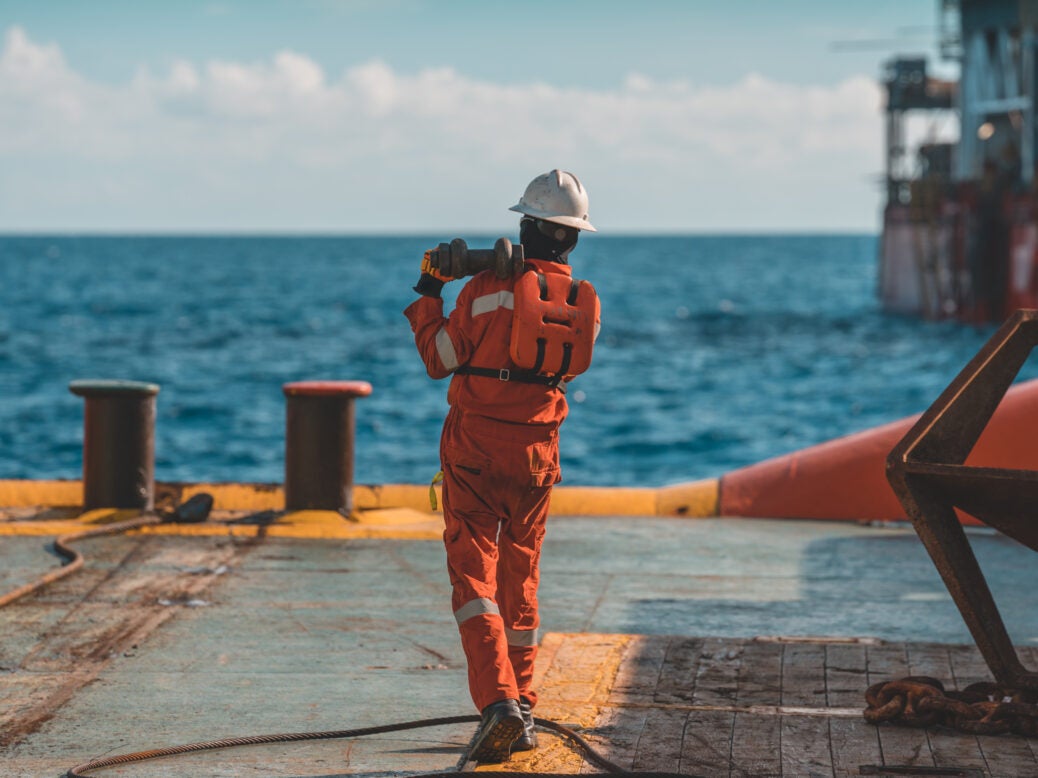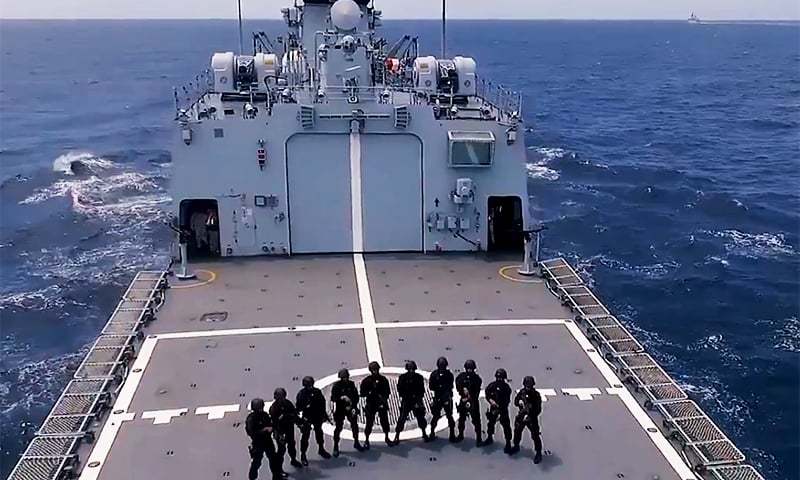What is the Maritime Labor Convention?

The Maritime Labor Convention (2006) was approved by The International Labor Conference of ILO in February 2006. The treaty was accepted by worldwide Seafarers’ Unions, Ship-owners’ Associations, and Governments (port and flag states). Formulate a revised, unified, realistic, and all-inclusive treaty to defend seafarers’ rights and shipowners’ interests. There are two underlying principles of MLC:
- Protect the socio-economic and health rights of the crew members of vessels (seafarers) and provide them with improved working conditions.
- To safeguard shipowners and governments who respect ship and labor standards from unfair competition.
Why is there a need for MLC?
Despite previous maritime decisions, the Maritime Labor Convention (2006) was adopted because:
- With the globalization of the marine sector, the naval workforce has mixed nationalities and citizenships. Therefore, an international framework must be in action to protect their rights.
- Existing declarations were lengthy, making it difficult for nations to ratify or change them. Due to which states were not approving them enthusiastically.
- Moreover, most prior treaties and conventions didn’t meet the evolving needs of the maritime sector and workforce.
- The 68 traditions which MLC incorporates lack structural and administrative essence. They had no compliance or regulatory authority to ensure the clauses’ effective implementation.
- Non-compliance with past accords was cheaper than compliance, and both contenders were treated equally; Therefore, a few shipowners abided by the rules as there were no punishments otherwise.
- MLC combines all maritime sector stakeholders, the Tripartite, onto one page. Other than that, no other pact includes port and flag states, seafarer organizations, and shipowners. This contraction of interests shall lead to prospects of shared, coordinated, and communicated trade in the maritime sector.
What does MLC offer?
The Maritime Labor Convention offers many guarantees and incentives for its three constituents; the governments, the Seafarers, and the Ship-owners.
Seafarers

- An Employment Agreement with clearly outlined terms and conditions
- Moreover, improved access to health facilities (mental and physical) on vessels
- Better working conditions on ships.
- Training and vocational programs to enhance their skill sets and increase their career opportunities.
- They should also have the right to make complaints.
- Well-aware of their rights and duties.
For Ship-owners

- To level the playing field by excluding subpar ships, they faced unfair competition and were undercut by substandard ship owners.
- The certification system will save time, energy, and money during the inspection process at port states.
- Minimum standards will ensure better-conditioned staff and fewer accidents or mishaps at sea.
- It is easy to meet standards.
- More economic opportunities through connected regional and international frameworks.
- Assurance that these profits will not be decreased if they meet the criteria as previously occurred.
For Governments
- Increase in shipping fleet, which in turn increases economic statistics.
- Flexibility in terms of ratifying and amending the MLC clauses
- Not accommodating the “non-ratifying countries” and incentivizing the ratifying countries.
- The shipping sector will ensure new standards of quality.
- International consensus over maritime affairs can be reached through cooperative efforts.
- A certification system can provide the state’s security and ships’ validity.
- Adoption of one convention over hundreds.
Challenges to Pakistan Maritime sector and how can MLC remove that?
Pakistan’s marine industry has several obstacles that may be significantly reduced by signing the Maritime Labor Convention.
Pakistani mariners
Pakistani mariners undergo humiliating port-state inspections and interrogations that not only victimize but also and target them. MLC can restore Pakistan’s international maritime standing. Its certification system can make the inspection process less tiresome without being subjected to disgraceful behavior.
Pakistani seafarers
Despite being equally competent and well trained, Pakistani seafarers often face discrimination by European powers, the United States, and Australia. Even Japan, which usually does not issue visas, or the system is too perplexed to proceed. Either way, the shipping companies refuse to hire Pakistani marine labor raising unemployment. Being a member of MLC, Pakistan can raise this issue at top forums and, through the international framework, ensure job security and dismiss discriminatory behavior against their crew members. Similarly, many Pakistani shipowners have registered their vessels in another country under the pretext of convenience. So, by being a signatory, Pakistan can seek involvement in the international maritime community and increase levels of cooperation and alliances on seas.
Another challenge for Pakistan’s Maritime Sector is the lack of infrastructure due to the low preference of governments over the maritime sector. However, MLC can be a blessing in disguise as the government will then have to ensure a state-of-the-art and up-to-date structure and improve its administration if it aims to deal with other well-established maritime states.
The Certification system in Pakistan’s maritime infrastructure
The Certification system in Pakistan’s maritime infrastructure is highly outdated, with a shortage of examiners and the cumbersome activity of generating these certificates. This costs time and money to the seafarers. MLC, in this regard, can prove beneficial as it provides a framework for inspecting and issuing certificates to the vessels. The certificates are either to be issued from the flag state or through another International Organization on behalf of the state. Therefore, there will be enough supervisors and an efficient certification system.
Pakistan’s fleet

Pakistan’s fleet consists of a limited number of vessels. For most of our trade, we have to rely on foreign vessels amounting to billions of dollars for our economy. This is due to strict registration laws for dishes that do not allow most native and foreign ships to be registered here. What MLC can do in this matter is it will incentivize Pakistan and relax its vessel registration system, which will result in an increase in the fleet and more job opportunities for the Navy cadets.
Pakistan as an MLC Member
Being an MLC member, Pakistan can gain in areas diplomatically, politically, strategically, and economically by improving its relations with regional and international maritime states, increasing its circle of allies, strengthening its naval security, better the socio-economic conditions of its seafarers, attracting ship and vessel owners due to convenient and internationally conjoined system, earn advantages of being a ratifying country, gain billions through remittances of seafarers and increase trade through its fleet rather than relying on foreign vessels.
Conclusion
Maritime Labor Convention (2006) is an inclusive maritime convention aimed at enhancing the seafarers’ working and living conditions while simultaneously incentivizing the shipowners to maintain the standards of maritime law. For Pakistan, this convention poses many prospects to facilitate and no severe concerns to be careful of. Therefore, implying my analysis, I would suggest that Pakistan should be a member of MLC, which can prove to be a cornerstone in its maritime trade and sector efforts.
My name is Lyba Mobeen. I'm currently pursuing degree of BS-International Relations at Islamic University Islamabad.






